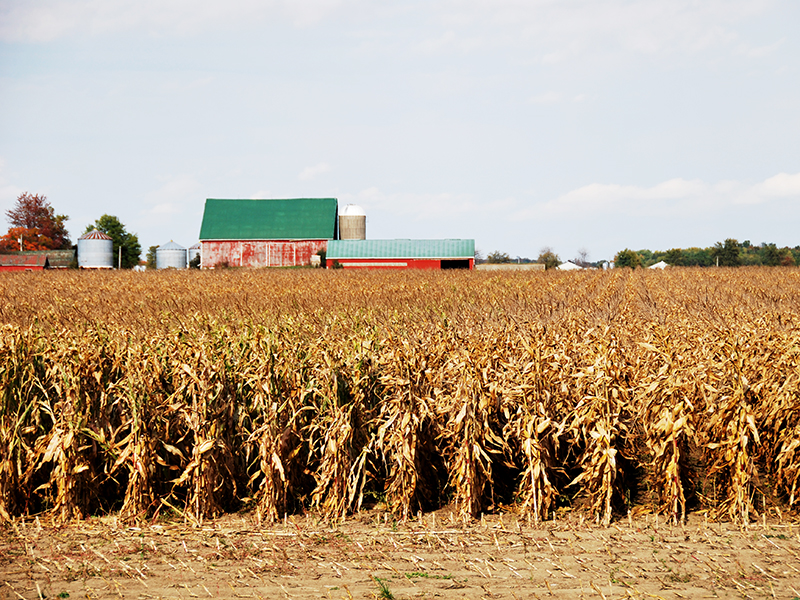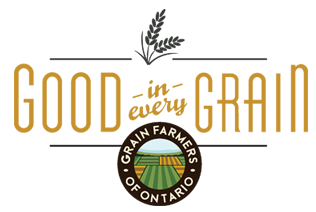Should I be worried about high fructose corn syrup?

High-fructose corn syrup (also glucose-fructose) is a corn-derived liquid sweetener that is chemically similar to table sugar. High-fructose corn syrup is a popular alternative to sucrose in processed foods because it is stable in acidic foods and beverages. It is not meaningfully different in composition or metabolism from other fructose-glucose sweeteners, such as sucrose, honey, and fruit juice concentrates. Both high-fructose corn syrup and table sugar are made of glucose and fructose, and deliver four kcal per gram.
No single food is the cause of obesity. Rather, obesity is a multifactorial condition that takes diet, exercise, genetics and environment into account. In general, caloric intake has increased significantly since 1970, which is an important driver of this trend. Additionally, while per capita consumption of high-fructose corn syrup has declined in recent years, obesity rates continue to rise. There are also epidemics of obesity and diabetes in areas where little or no high-fructose corn syrup is available, like Mexico, Australia, and Europe).
We do know, however, that too much of any type of added sugar (not just high-fructose corn syrup) can contribute unwanted calories that are linked to health problems, such as weight gain, type 2 diabetes, metabolic syndrome and high triglyceride levels. All of these boost your risk of heart disease. For health concerns, it’s advised to cut back on added sugar, regardless of the type.
For more about high fructose corn syrup and your health, read High fructose corn syrup in detail: what does the science say?
